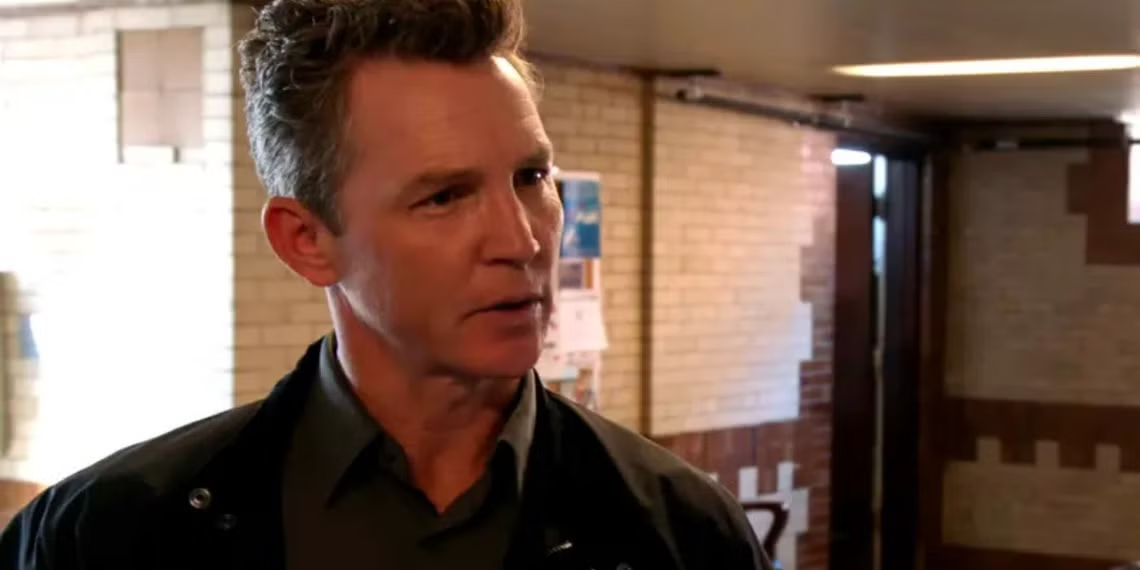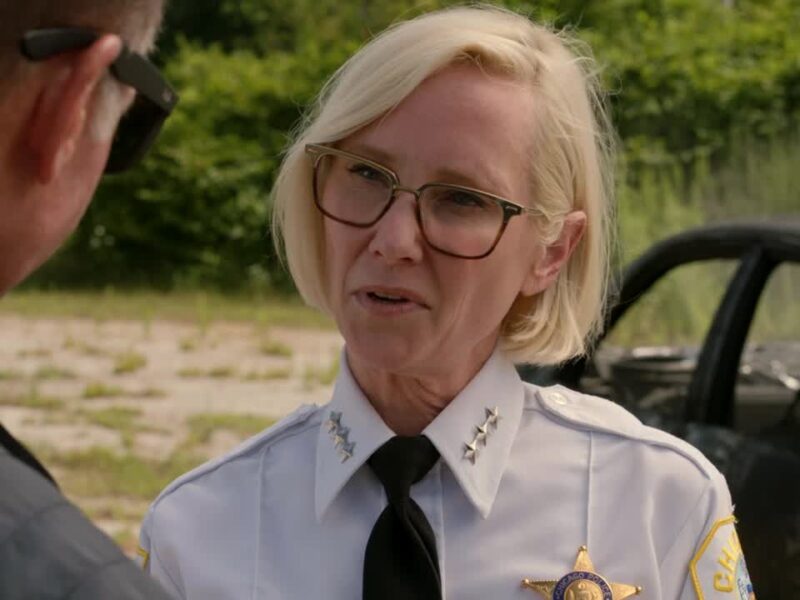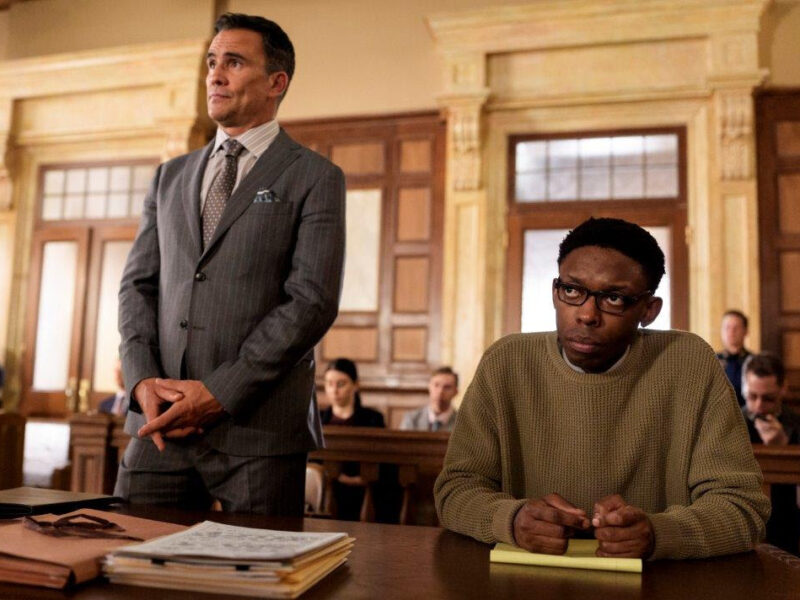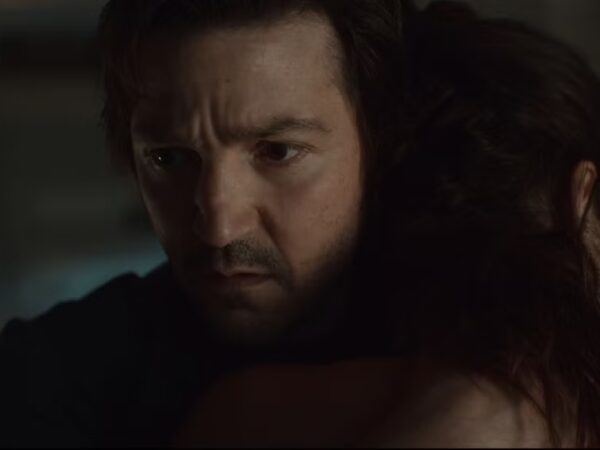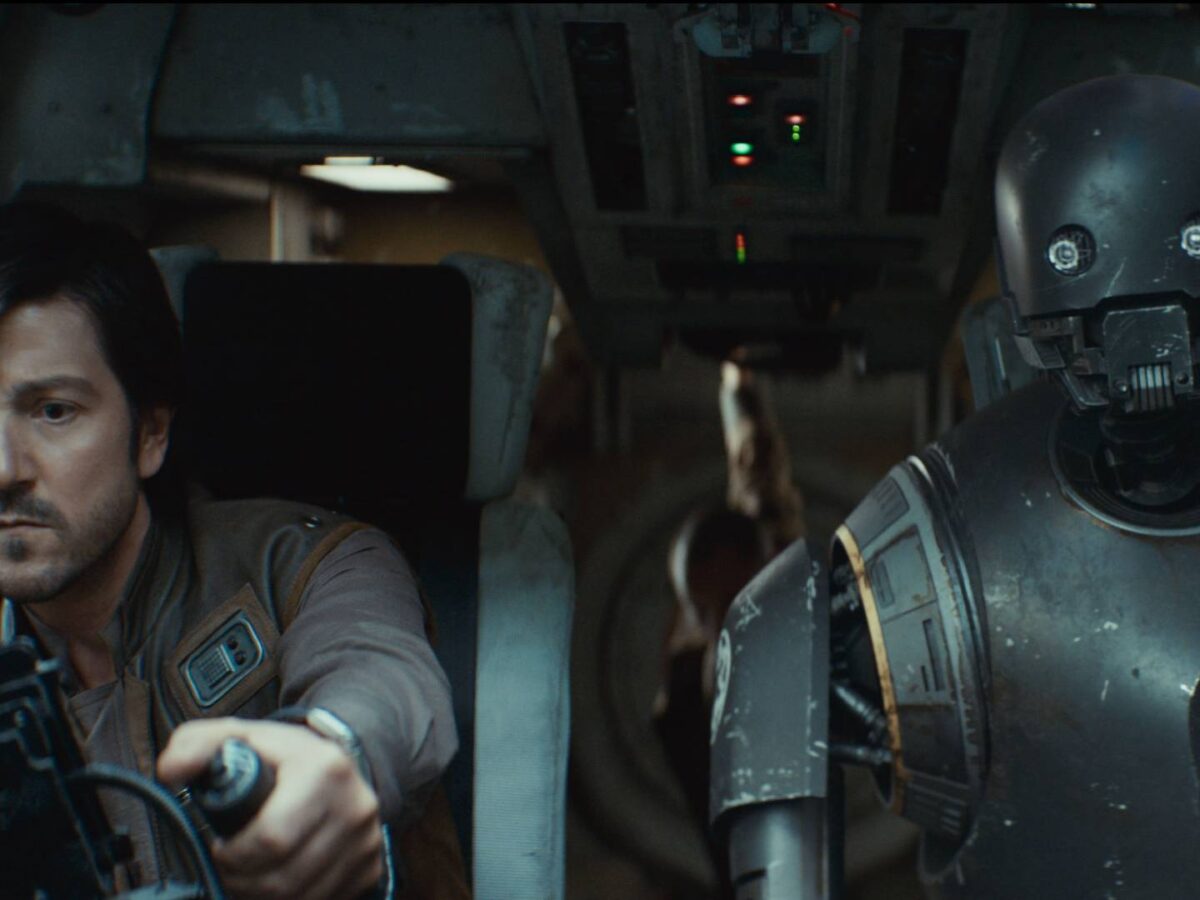In Chicago PD season 12, tensions are peaking as a new villain rises—not with overt threats or street-level violence, but through the insidious weapon of bureaucracy. Episode 16, titled “Seen and Unseen,” makes it abundantly clear that Charlie Reid (played by Shawn Hatosy) isn’t directly targeting Voight. Instead, his attack is far more subtle—and far more damaging—aimed squarely at Kim Burgess.
Burgess, portrayed by Marina Squerciati, is caught in the crosshairs of Reid’s political chess game. While Voight (Jason Beghe) fights to maintain control over the Intelligence Unit, it’s Burgess who’s paying the price, burdened with excessive workloads and forced to navigate a growing conflict that puts her personal and professional life at risk.
Reid’s Calculated Trap: Manipulation Masquerading as Mentorship
What initially looked like support—Reid’s decision to move Burgess back into Intelligence after her detective promotion—has evolved into a strategic move to keep her under control. As noted by Screen Rant, Reid’s real motive appears to be burying Burgess in administrative tasks to render her ineffective in field operations and loyal to him by obligation.
In “Seen and Unseen,” Burgess is seen juggling work at home while trying to spend time with Ruzek (John Patrick Flueger) and their daughter Mackenzie (Ramona Edith Williams). Ironically, the diner she retreats to for peace becomes the site of a brutal shooting, setting off the episode’s central investigation. The crime underscores just how entangled her personal space has become with her police responsibilities.
Reid’s tactics go beyond assigning late-night tasks. He pressures her to develop full training programs within days, using the pretense of leadership grooming. According to Screen Rant, this tactic offers him plausible deniability while strategically keeping Burgess too overwhelmed to support Voight or investigate Reid’s own questionable dealings.
Burgess Between Loyalties: A Dangerous Double Agent
Voight warns Burgess early on that Reid has ulterior motives. This puts her in a morally complex position: maintaining the appearance of loyalty to Reid while covertly feeding information to Voight. This balancing act not only drains her energy but positions her as a potential liability.
The most disturbing aspect is Reid’s broader goal—to dismantle the Intelligence Unit from the inside. His ties to known gang figure Jesus Otero paint a grim picture of corruption. When Voight confronts him about these connections, Reid justifies it with cold pragmatism, calling it “simple math,” and arguing that keeping Otero free helps maintain relative peace.
Unwilling to let this slide, Voight enlists Chapman to dig into Reid’s background. However, he continues to withhold crucial information from the rest of the team, an approach that plays directly into Reid’s hands. By exploiting the team’s internal lack of communication, Reid maintains the upper hand.
Voight’s Next Move: Trust or Collapse
One of Voight’s greatest flaws as a leader is his preference for working alone. But facing someone like Reid—who hides behind rules while deploying psychological warfare—requires a united front.
Burgess can’t hold this line alone. If Voight truly wants to take down Reid, he’ll need to bring more than just Chapman into the fold. He needs to share his strategy with Ruzek and the rest of the Intelligence Unit. This isn’t a case to solve; it’s a power struggle that demands collective resistance.
Chicago PD season 12 shifts the battlefield from the streets to the station, where power plays and political cunning prove more lethal than any shootout. Reid has shown himself to be Voight’s most formidable opponent yet—and the longer Voight waits to unify his team, the more control he cedes to the enemy.
Is Voight ready to abandon his lone wolf instincts to win this war from within?
Looking for the best deals on Amazon products? Look no further! We have handpicked some of the most popular and top-rated products available on the platform. Click to see the collection.
